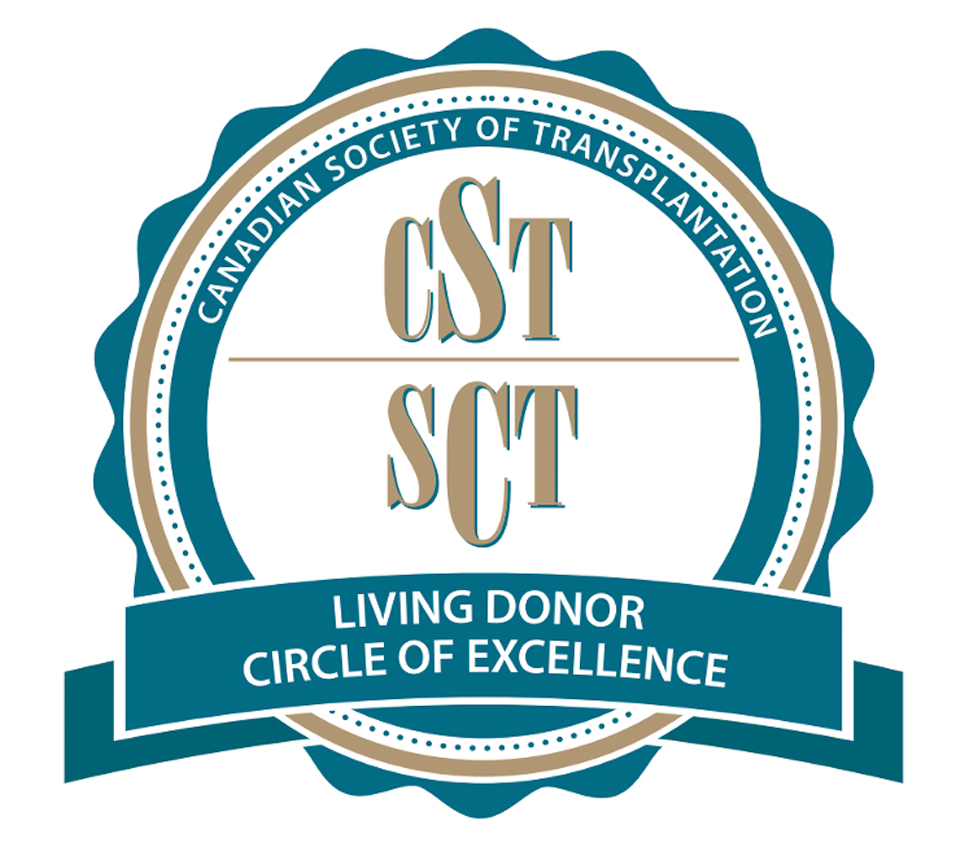Living Organ Donation
Learn more about living kidney donation
Girl receives lifesaving kidney, thanks to former babysitter
A 13-year-old Ontario girl is looking forward to a bright future after a lifesaving transplant made possible by a special program for living organ donors ― and a very selfless former babysitter.
Am I eligible to be a living kidney donor?
Living Kidney Donation Eligibility
Any adult who is in good health can be assessed to become a living donor. Every potential donor must have a complete medical checkup to make sure they are healthy enough to donate a kidney to a person in need. However, there are many factors that must be considered.
What is living kidney donation?
Living Kidney Donation Information and Learning Resources
Being informed is a vital step in the journey to become a living kidney donor. Find out if you are eligible, access educational program resources, learn more about how living kidney donation works, and understand how to find a living donor.
Living Kidney Donor Advocacy Toolkit
Become an advocate for living donation – find tools and resources to help you, your friends and family spread the word about the powerful impact of living organ donation.
Circle of Excellence Program Encourages Canadian Organizations to Provide Financial Support for Living Organ Donors
Canadian Blood Services is proud to have joined the Living Donor Circle of Excellence, a new program launched by the Canadian Society of Transplantation (CST). CST, in collaboration with the American Society of Transplantation, introduced the Living Donor Circle of Excellence program to celebrate employers who implement policies that provide salary support to employees who choose to be living organ donors.
To learn more about the CST Living Donor Circle of Excellence program and how to join the circle, visit the website here.

Canadian Blood Services' role in Organ and Tissue Donation and Transplantation
Canadian Blood Services works with the Organ and Tissue Donation and Transplantation (OTDT) community to improve national system performance. We do this through the development of leading practices, professional education, public awareness and data analysis and reporting. We also manage clinical programs that support interprovincial sharing of organs.